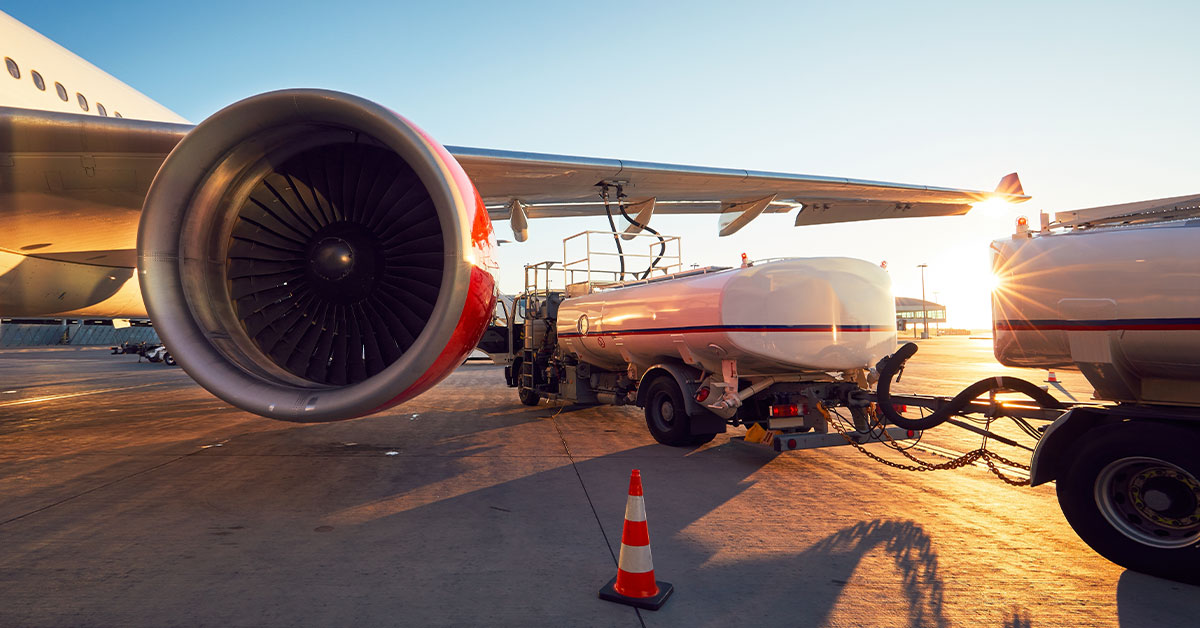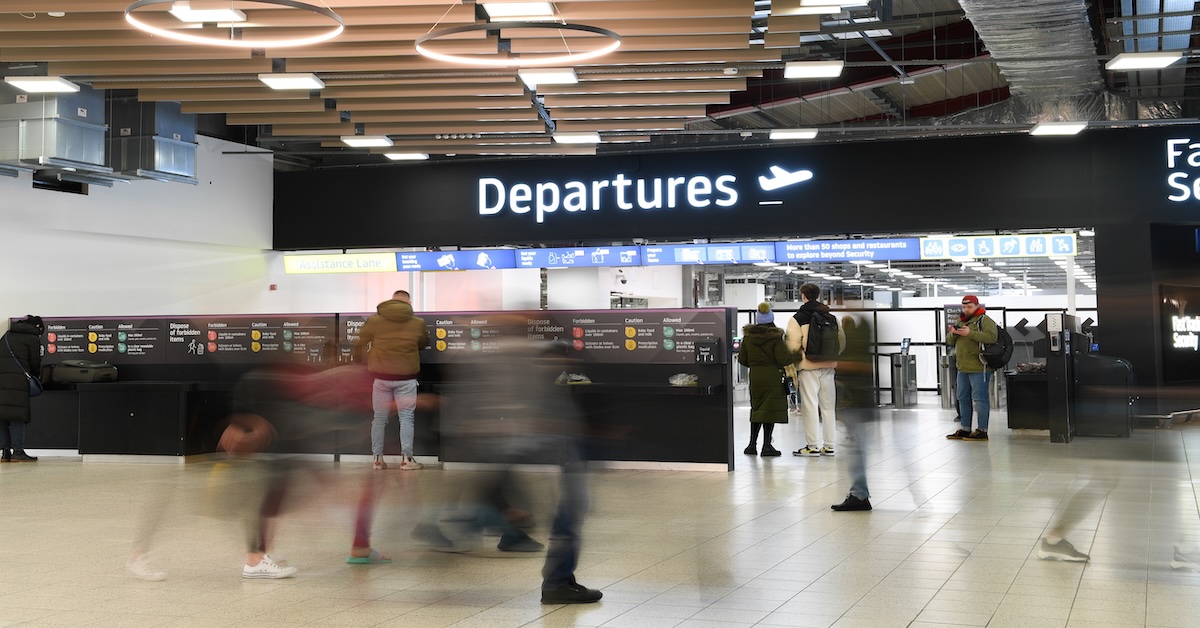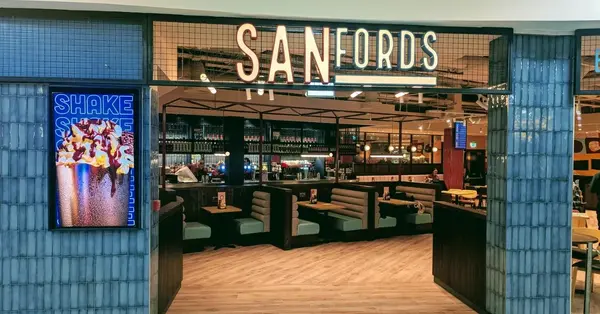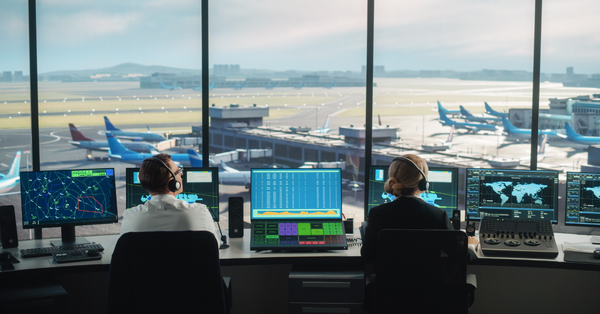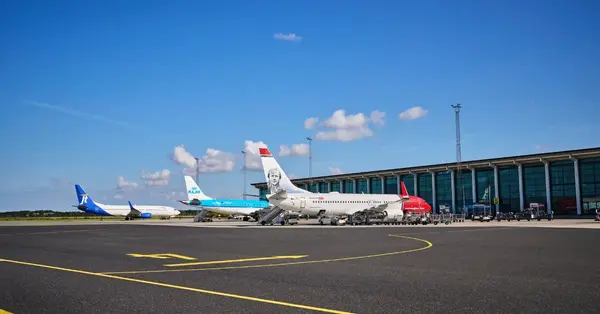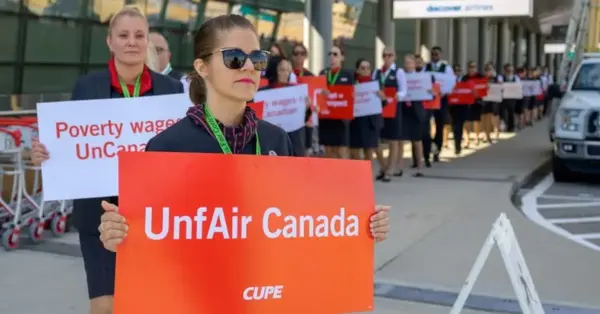You are viewing 1 of your 2 free articles
Emissions reductions ‘dependent on sustainable fuel subsidies’
Government incentives to improve the availability of Sustainable Aviation Fuels (SAF) will underpin the future resilience of the travel sector as it faces demands to become more environmentally friendly.
A Resilience Council Future of Transport panel session at this week's Arabian Travel Market in Dubai heard from leading aviation experts about the challenges the sector must face up to.
Kata Cserep, vice president and global managing director for aviation at business consultancy ICF, said "there is hope” because of the impetus behind developing SAFs.
"It's extremely complex, but the positive news is with fuel being the number one contributor of emissions but also airlines' largest variable cost the incentives are already aligned for airlines to reduce their consumption as SAF becomes more readily available.
"And it will happen, because it has to happen, because nation states have made commitments, companies have made commitments and crucially so has finance and that is impacting what is being invested in.”
Today SAF accounts for a tiny fraction of fuel used in aviation, something Cserep said was due to a "disconnect between the cost of production and the ability to pay”.
There are seven sustainable "feedstocks” now approved for the manufacture of SAF, enough to support aviation's decarbonisation net zero ambitions to 2050.
However not enough SAF is being produced making it expensive for carrier. Cserep said in California new low carbon fuel standards and incentives are levelling the playing field for SAF.
"The job of regulators and policymakers is to bridge that gap. We expect costs to come down as they did with renewables but this needs to be kick started with smart policies that provide the right incentives, not taxing and punishing, but really allowing the market to develop.”
Kuljit Ghata-Aura, Boeing president for Middle East, Turkey and Africa, said the aircraft manufacturer believes that SAFs represents the alternative to conventional jet fuel quickest to bring in.
Boeing made a commitment in 2021 to produce aircraft fully certified to fly with SAF by 2030 and the firm is building stockpiles of its own alternative fuels to power commercial operations in South Carolina and Washington State.
Boeing if forecasting 3,000 more aircraft will be acquired globally in the next 20 years and a doubling of aviation traffic and that technology will make the sector increasingly more efficient. "If you are looking at higher fuel prices, this is crucial,” he said.
Cserep warned: "What we are doing today is not enough. Even if you get a 40% efficiency gain if the industry is looking to double connectivity over the next four decades that does not square with net zero.
"Things that may seem small but are doable today count a lot – things like lighter seats on aircraft, digital inflight magazines, all the things that influence you fuel burn today. If we are trying to get to net zero by 2050 we cannot for 2040 for a magic bullet.”
Karime Makalouf, chief commercial officer at Royal Jordanian, said airline contribute less than 2% of global emissions and it was "important to take this into consideration”.
He said the carrier aims to have 10% SAF flights by 2030 and 50% by 2050, in line with its One World partners.
"Availability of SAF is the key issue for airlines. The most important step we are taking is the announcement of fleet renewal within the next two months for 34 narrow bodied aircraft.
"In this renewal, thanks to the new technology of manufacturers and engine providers will help us reduce our emissions by 30% over the next five years. We are committed to operating one of the world's youngest fleets over the next five years.”
Makalouf said SAF is becoming available in London and the airline plans to operate its first flight powered by alternative fuel as an important first step.

